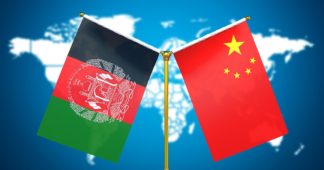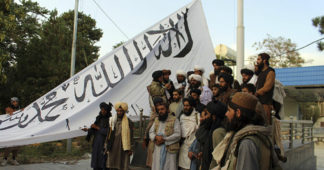Aug. 24, 2021
The Taliban should savor its triumph while it can, for it is unlikely to survive much beyond this fleeting moment of victory. And those countries in the region that are similarly disposed to celebrate America’s defeat should also enjoy the moment while it lasts, for the coming collapse of the Taliban is likely to be more a curse than a blessing.
That the Taliban is unlikely to outlive the now-defunct Afghan national government (ANG) by much might seem a far-fetched claim. But the history of the movement – and that of the mujahedeen, which defeated the Soviets and their puppet regime in the late 1980s and early 1990s respectively – strongly suggests that this will almost certainly be the case.
Since its inception, the Taliban has been more a constellation of factions and tribes, drawn from different ethnic and linguistic groups, than the unitary rational actor it is often portrayed to be.
In this, it is no different than either the coalition of warlords that governed Afghanistan directly from 1992 to 1996 or the one that governed Afghanistan through the “state” created by the U.S. in the aftermath of the 2001 invasion. But it has always had two advantages over those two ruling coalitions.
To begin with, the Taliban has always had a clerical command-and-control infrastructure that transcended – without displacing or effacing – the tribal, linguistic and communal identities of its constituent elements. But perhaps even more importantly, since 2001 the Taliban has been able to exploit one of the defining elements of Afghan national identity – resistance to foreign occupiers – to override factional differences and maintain a robust political coalition.
Continue reading at www.msn.com











